Tax cuts on agenda to assist recovery
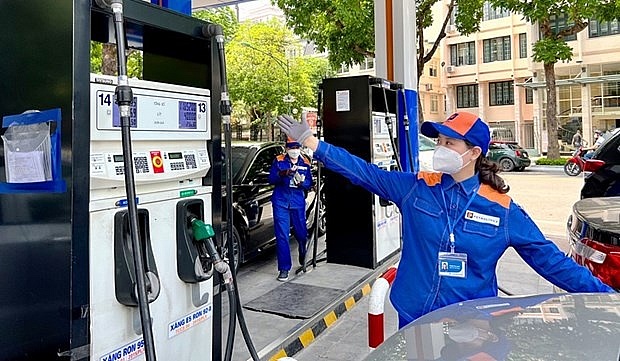 |
| Tax cuts on agenda to assist recovery - Illustrative image. (Photo: VNA) |
Minister of Planning and Investment Nguyen Chi Dung told the National Assembly (NA) last week that the government will continue keeping a close eye on inflation and implementing sturdy solutions to ensure supply-demand balance in the market, while “considering solutions to reduce taxes and fees in order to decrease pressure on increasing prices of petrol and oil, and shun domino impacts on prices to support enterprises and people.”
Vietnam is expecting it can rein in inflation at about 4 per cent for the whole year.
Minister of Finance Ho Duc Phoc also told the legislature that his ministry will consider a plan for reducing taxes of petrol and gasoline to reduce inflation and fuel prices in 2022.
“A reduction in fuel tax will be a solution considered. We will make impact assessments and report to the government, who will then report to the National Assembly Standing Committee and the NA,” Phoc said. “Currently one litre of petrol A95 imported from Singapore is at a basis price of VND22,000 (96 US cents), including VND8,000 (34 US cents) worth of assorted taxes.”
According to the Ministry of Industry and Trade (MoIT), the government is trying to provide sufficient petrol for the economy in Q2 2022. It is estimated that the economy’s demand for petrol will be about 5.2 million cubic metres of petrol in Q2, and 20.6 million cu.m for the whole year.
The petrol supplies for Q2 will be about 6.7 million cu.m, including petrol from domestic refineries (1.8 million cu.m from Nghi Son Refinery and Petrochemical Complex, and 1.9 million cu.m from Binh Son Refinery and Petrochemical Co., Ltd.), petrol imports of about 1.5 million cu.m, and petrol transferred from Q1 of 1.5 million cu.m.
“These supplies will help ensure sufficient petrol consumption in Q2, with 1.5 million cu.m provided for Q3,” said the MoIT in a report on Vietnam’s trade.
According to the Ministry of Planning and Investment, Vietnam is witnessing a rise in inflation, with a 5-month consumer price index (CPI) of 2.25 per cent on-year – including a high on-year increase from 0.7 per cent in March to 2.64 per cent in April, and 2.86 per cent in May.
“The 5-month inflation has been basically controlled. However, there is great pressure for the economy to rein in inflation at a rate of below 4 per cent this year due to a series of internal and external factors of the economy,” Minister Dung said.
According to the minister, the external factors include increasing prices of goods; food and foodstuffs; crude oil, and input materials – in addition to big risks in disruptions of supply chains, production, and consumption caused by the Russia-Ukraine conflict.
“At home, risks of high inflation will come from four factors including high costs for petrol, oil, imported inputs, and transportation; strongly-recovering domestic purchasing power and consumption; a big rise in school fees for the 2022-2023 year; and a climb in input material prices and lending rate expected to continue its uptrend – pressurising production costs and increased selling prices,” Dung explained.
It is calculated that the CPI in May rose 2.48 per cent against that in late 2021, or 1.5 times higher than that in May of 2019, reflecting a trend in high prices in the market in the coming time, Dung added.
Le Minh Tri who is Prosecutor General of the Supreme People’s Procuracy stressed at the legislature last week that currently businesses and people are facing great difficulties caused by the health crisis.
“Thus there should be more reduction in taxes and fees, which will contribute to the government’s efforts to curb inflation and assist them,” Tri said.
He suggested that the NA and the government consider more reduction of taxes and fees by at least 2 per cent, not only for 2022 but also next year, based on specific sectors and beneficiaries. “It is necessary to select sectors and those most affected by difficulties and be able to recover strongly to provide fee and tax reductions,” he noted.
An International Monetary Fund team led by Era Dabla-Norris visited Vietnam during April 4-20 and worked with authorised agencies about how the Vietnamese economy has performed and its outlook.
“Inflation is expected to edge up to 3.9 per cent by end-2022. Growth risks are tilted to the downside while inflation risks are tilted to the upside,” Dabla-Norris said. “The most immediate risks include the intensification of geopolitical tensions and a slowdown in China. Other risks include a tightening of global financial conditions and developments in the domestic real estate and corporate bond markets.”
The World Bank has projected that Vietnam’s inflation rate may be 3.6 per cent this year. It said that in the short run, targeted policy intervention to alleviate the impact of the price hikes on the general population, and especially on the most vulnerable, is recommended. The temporary petroleum tax reduction recently introduced by the authorities is one such short term measure, although perhaps the choice of reducing a specific environmental tax on petroleum may not reflect well on the environmental intentions of the authorities.
In the medium term, the World Bank continued, other measures would include a more targeted, effective, and responsive social protection system that would help build resilience to shocks in the economy. “If price increases persist, the economy should be allowed to adjust to the price changes,” the World Bank said in a report released recently.
| Tran Hoang Ngan, National Assembly deputy Ho Chi Minh City
Currently, major economies have implemented tight monetary policies and raised interest rates, affecting the world’s economic recovery. The International Monetary Fund has lowered its forecast for global economic growth in 2022 from 4.4 to 3.6 per cent. In order for Vietnam to achieve an economic growth rate of 6-6.5 per cent and control inflation at below 4 per cent this year, the government needs to build a system of synchronous solutions for the short, medium, and long term, in which petrol and oil prices must be taken into account. Priority should be given to stabilising the macro-economy, controlling inflation, and ensuring social security. The government should soon submit to the National Assembly and the National Assembly Standing Committee a plan on reducing environmental protection taxes, special consumption tax, and VAT on commodities, of which the most important one is petrol. Nguyen Thanh Trung, National Assembly deputy Yen Bai province
To stabilise people’s livelihoods and enterprises’ performance, besides accelerating the implementation of the nation’s Programme on Socioeconomic Recovery and Development, the government needs to direct ministries and sectors to devise solutions to diversify markets. Priority should be on using locally-made materials in order to reduce bad impacts from conflicts in the world and help enterprises take the initiative in their production and business activities. It is also suggested that the government continue keeping a close eye on developments in prices of construction materials, with timely solutions enacted to support contractors to implement their projects. The government also needs to direct ministries and sectors to have measures to regulate and stabilise the prices of items and services controlled by the state, such as electricity, healthcare, and education, including the price of books. Bui Manh Khoa, National Assembly deputy Thanh Hoa province
The increase in fuel prices not only increases the cost of products, goods, and services but also directly pushes up the consumer price index, affecting people’s income and spending. Based on the provisions of the Law on Environmental Protection Tax, at the request of the government, the National Assembly Standing Committee (NASC) decided to reduce the environmental protection tax (EPT) by 50 per cent for this item. However, at present, petrol and gasoline products are subject to special consumption tax (SCT), which is decided on by the NA. In order to ensure flexibility in curbing rising fuel prices affecting people’s income and spending, and curbing inflation, I propose that at this session the NA assigns the NASC to decide to adjust the SCT and VAT for gasoline and petrol in 2022, similar to the EPT on the basis of the government’s proposal. Trinh Xuan An, National Assembly deputy Dong Nai province
The global food and energy security crisis has had a significant impact on Vietnam. There will be many more difficulties than advantages ahead. The trend of development remains, but the country’s foundation for this is not really solid. Therefore, all developments need to be closely monitored, with flexible and timely proactive plans, scenarios, and solutions to ensure the completion of the set goals. In the face of this, it is necessary to have policies to ensure the balance of supply and demand, and stabilise commodity prices, especially petrol, agricultural materials, raw materials, and construction materials. It is also necessary to strengthen control of inflation, maintain reasonable lending rates, support businesses to access capital, and control bad debts. The government should pay special attention to those who are easily affected by price increases, such as farmers and workers in industrial zones. |
What the stars mean:
★ Poor ★ ★ Promising ★★★ Good ★★★★ Very good ★★★★★ Exceptional
Related Contents
Latest News
More News
- Private capital funds as cornerstone of IFC plans (February 20, 2026 | 14:38)
- Priorities for building credibility and momentum within Vietnamese IFCs (February 20, 2026 | 14:29)
- How Hong Kong can bridge critical financial centre gaps (February 20, 2026 | 14:22)
- All global experiences useful for Vietnam’s international financial hub (February 20, 2026 | 14:16)
- Raised ties reaffirm strategic trust (February 20, 2026 | 14:06)
- Sustained growth can translate into income gains (February 19, 2026 | 18:55)
- The vision to maintain a stable monetary policy (February 19, 2026 | 08:50)
- Banking sector faces data governance hurdles in AI transition (February 19, 2026 | 08:00)
- AI leading to shift in banking roles (February 18, 2026 | 19:54)
- Digital banking enters season of transformation (February 16, 2026 | 09:00)

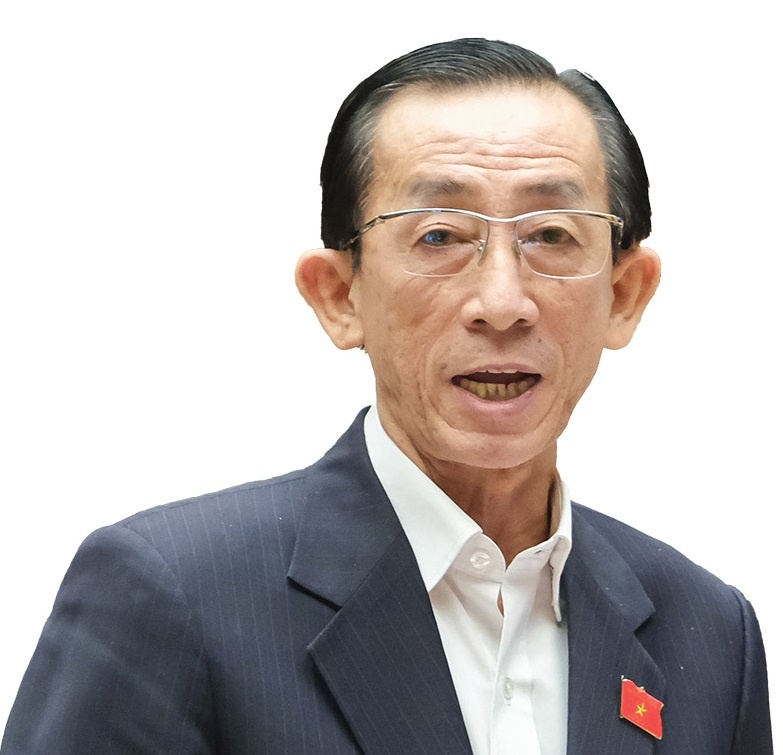
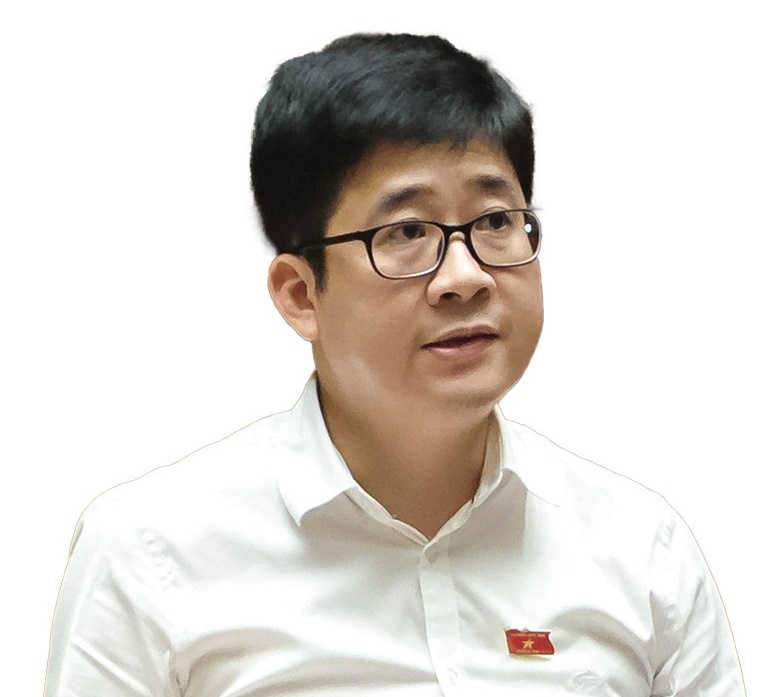
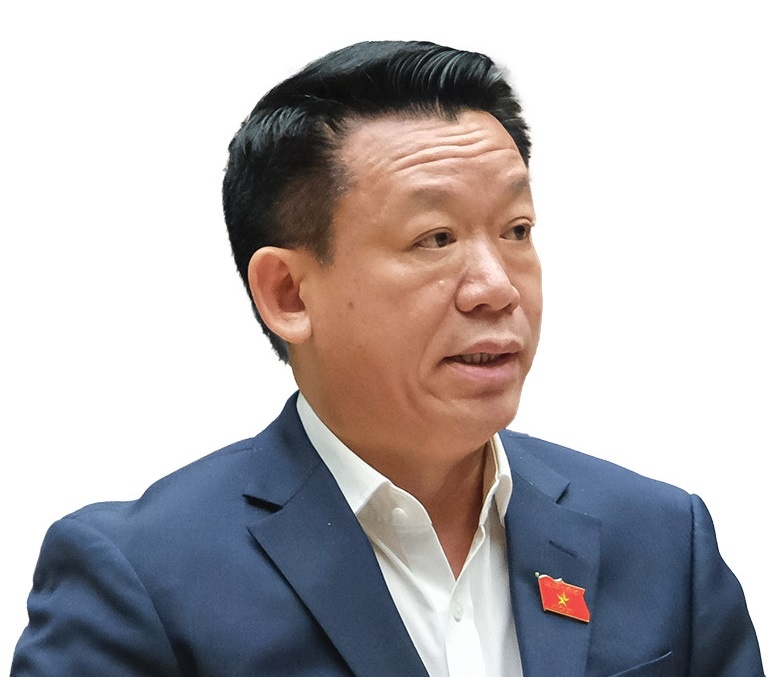
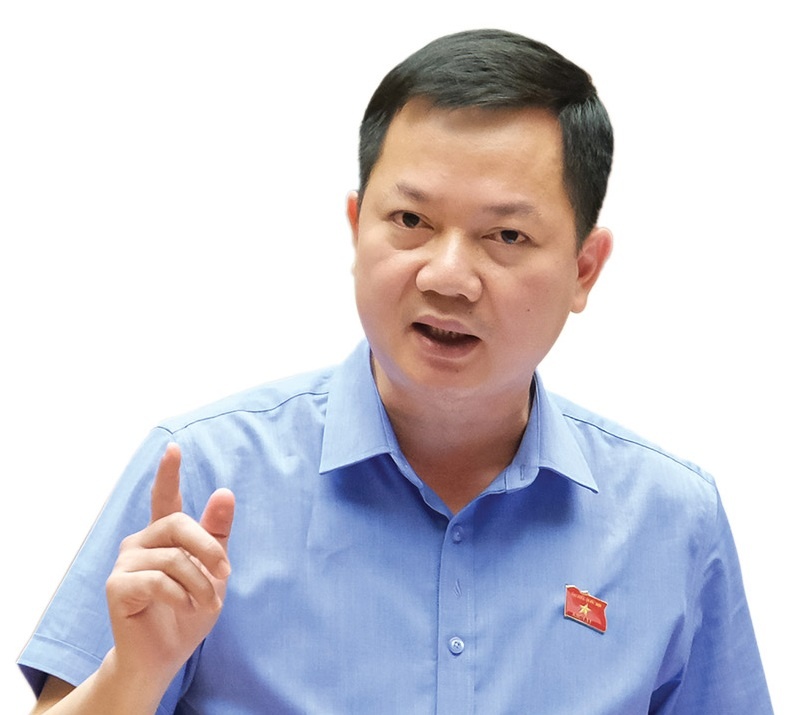
 Tag:
Tag:



















 Mobile Version
Mobile Version